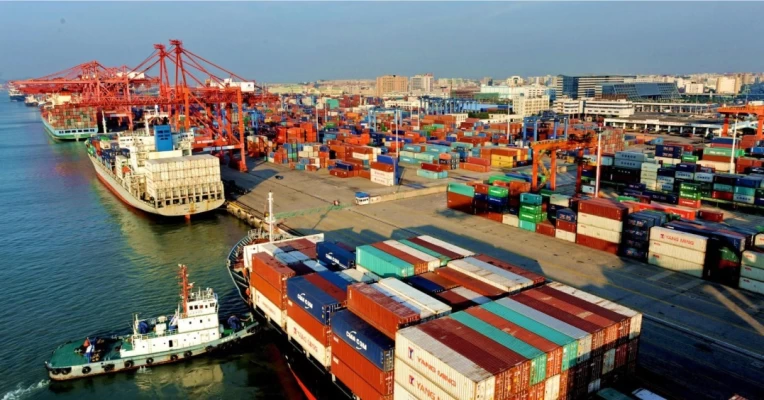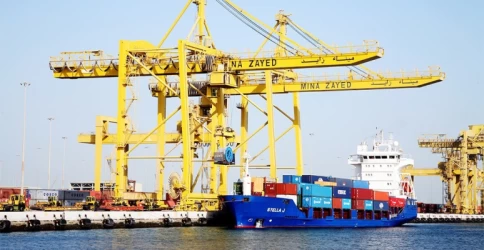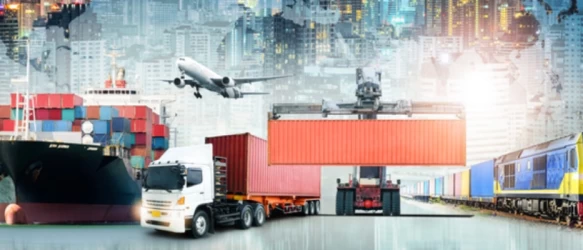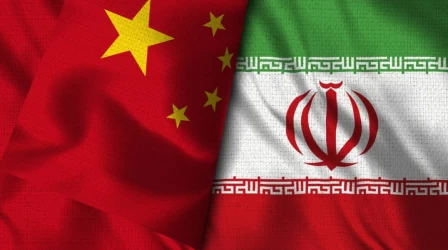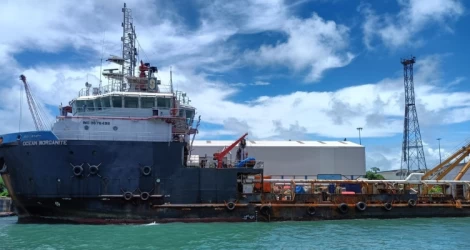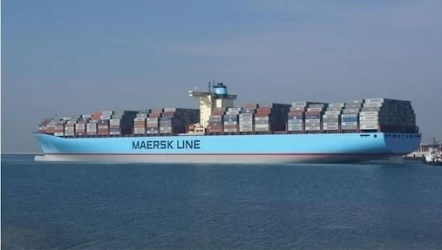Sea Freight in Lagos Port
Lagos Port, also known as Apapa Quays, is the largest and oldest port in Nigeria. Established in 1913, it has grown to become a critical hub for sea freight in West Africa. The port is strategically located in Apapa, Lagos State, the commercial center of Nigeria, and plays a vital role in the country’s economy by facilitating international trade and commerce.
Historical Background
The construction of Lagos Port began in 1921 with the development of the first four deep-water berths. Over the years, the port has undergone significant expansions and modernization to accommodate the increasing volume of cargo. The introduction of the landlord port model by the Federal Government in 2006 led to the concession of terminals to private operators, enhancing efficiency and productivity.
Infrastructure and Facilities
Lagos Port is well-equipped with modern cargo handling equipment and personnel support facilities. It boasts intermodal connections, including rail, water, and road, making it a cost-effective and customer-friendly port. The port has five private terminals operated by companies with both local and international experience in port operations. These terminals include:
- AP Moller Terminal Ltd. (APMT)
- ENL Consortium Ltd. (ENL)
- Apapa Bulk Terminal Ltd. (ABTL)
- Greenview Development Nigeria Ltd. (GNDL)
- Lilypond Inland Container Terminal
Additionally, the port has two logistics bases, Eko Support Services Ltd. and Lagos Deep Offshore Logistics (LADOL), and eight jetties.
Cargo Handling and Operations
Lagos Port handles a diverse range of cargo, including containerized goods, bulk cargo, and oversized cargo. The port’s facilities are designed to accommodate various types of vessels, from small general cargo ships to large oil tankers. The port operates 24 hours a day, ensuring efficient vessel turnaround times. Security is a top priority, with both armed and unarmed personnel, as well as Closed Circuit Television (CCTV) systems, monitoring all operational areas.
Economic Impact
Lagos Port is a significant contributor to Nigeria’s economy. It serves as a gateway for imports and exports, facilitating trade with countries around the world. The port’s operations support various industries, including manufacturing, oil and gas, agriculture, and construction. The efficient handling of cargo at Lagos Port helps reduce logistics costs and improve the competitiveness of Nigerian businesses in the global market.
Challenges and Opportunities
Despite its importance, Lagos Port faces several challenges. Congestion is a major issue, often leading to delays and increased costs for shippers. The port’s infrastructure, while modern, requires continuous maintenance and upgrades to keep up with the growing demand. Additionally, security concerns, including piracy and theft, pose risks to cargo and vessels.
However, there are also significant opportunities for growth and improvement. The Nigerian government and private sector are investing in infrastructure projects to expand and modernize the port. Initiatives to improve customs procedures and reduce bureaucratic bottlenecks are also underway. These efforts aim to enhance the port’s efficiency and capacity, positioning Lagos Port as a leading maritime hub in Africa.
Conclusion Sea Freight in Lagos Port
Lagos Port is a cornerstone of Nigeria’s maritime industry, playing a crucial role in the country’s economic development. With its strategic location, modern facilities, and ongoing investments in infrastructure, the port is well-positioned to meet the demands of global trade. Addressing the challenges of congestion and security will be key to unlocking the full potential of Lagos Port and ensuring its continued success as a vital gateway for sea freight in West Africa.
Feel free to ask if you need more details or have specific questions about any aspect of Lagos Port!

